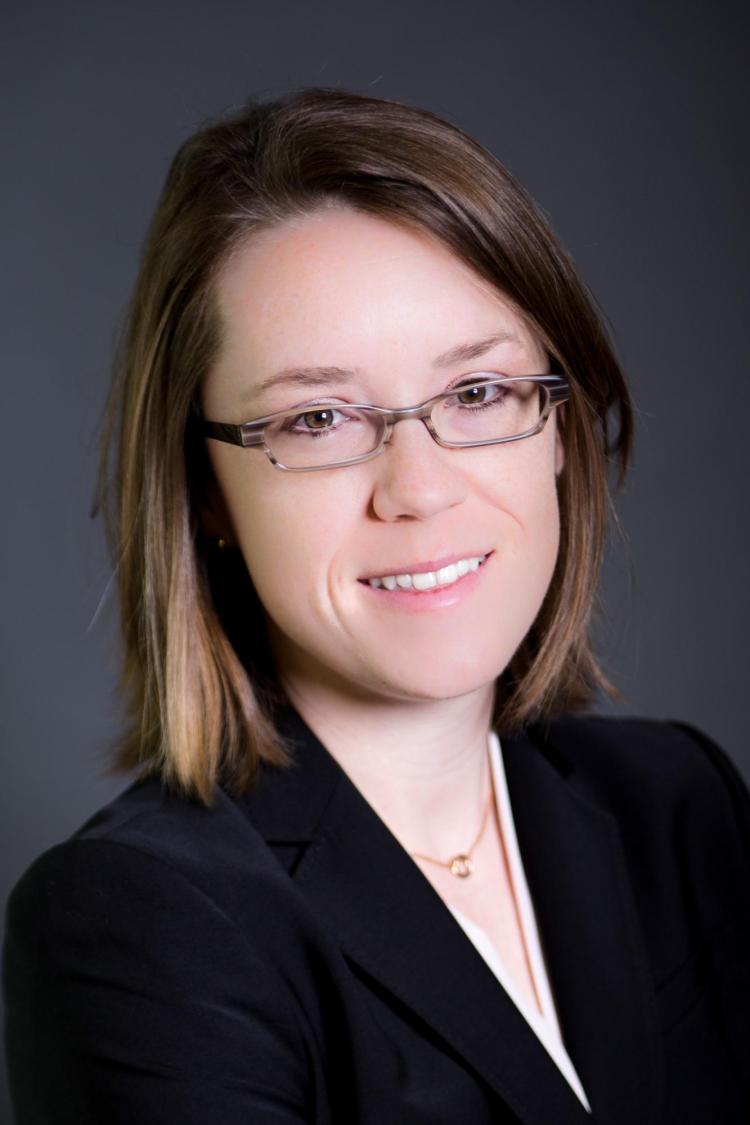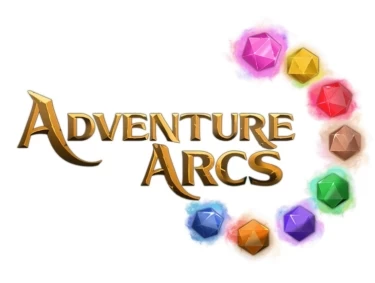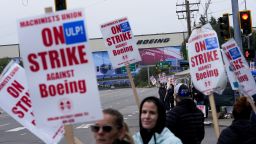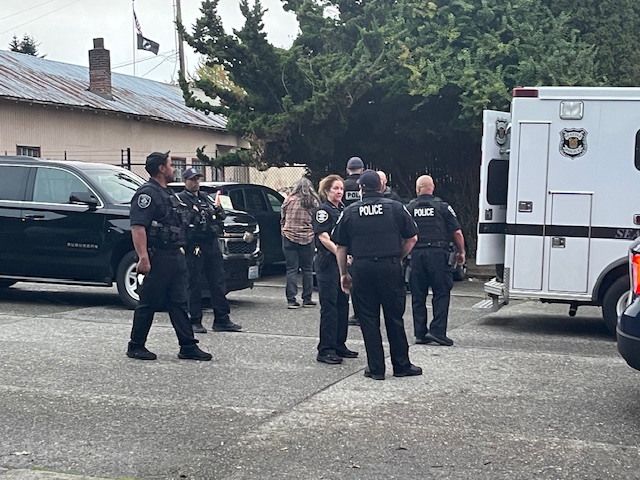After the Marshall Fire in Colorado destroyed over 1,000 homes in Boulder County, numerous crowdfunding campaigns emerged to provide immediate relief to homeowners who lost everything. Within a few weeks, these GoFundMe campaigns raised $23 million for the fire victims, surpassing the $2 million in grants issued by FEMA.
However, new research shows that the distribution of crowdfunded support was unequal. According to the study, 10% of fire survivors with a GoFundMe campaign received over $60,000, while 12% raised less than $5,000. Additionally, the households that received the most funding were more likely to have earnings above $150,000.
The study, conducted by Emily Gallagher and Tony Cookson from the Leeds School of Business and Phillip Mulder from the University of Wisconsin-Madison, aimed to determine if crowdfunded private charity effectively helps the most vulnerable individuals. They found that wealthier beneficiaries received more support than those with lower incomes. High-income households were also more likely to have GoFundMe campaigns and had a larger number of donors overall.
The researchers examined 975 GoFundMe campaigns for Marshall Fire survivors who experienced a complete loss of their homes. By matching names with destroyed homes and working with Experian, they were able to analyze crowdfunding and housing data along with personal credit characteristics to determine recipients’ pre-fire income and financial situation.
The study also revealed biases in charitable giving. Donors tended to give larger amounts to higher-income households, even when giving to multiple campaigns. The researchers suggest that social pressure, perceptions about money, and trust in one’s network may influence these biases.
Furthermore, the researchers found that households with larger GoFundMe donations were able to start rebuilding their homes four to eight months earlier than those with smaller proceeds. This highlights the liquidity advantage provided by crowdfunding, especially for homeowners who were underinsured and faced uncovered expenses.
The study also emphasizes the gap in recovery funding left by federal disaster aid policies. Wealthier individuals are more likely to qualify for federal aid, while crowdfunding tends to benefit those with less need. This exacerbates the disparity in who can rebuild and how quickly.
In conclusion, while crowdfunding can provide immediate relief to disaster survivors, it is important to address the disparities in distribution and ensure that those with the greatest need receive adequate support.



